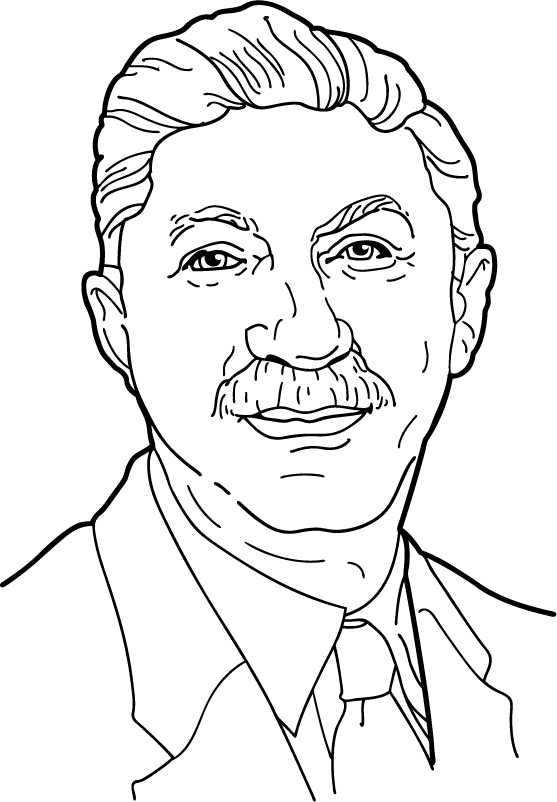Business Thinkers
1908 - 1970
Abraham Maslow

Biography
Maslow was born in Brooklyn, New York, the child of an uneducated Jewish Russian immigrant family. Acceding to his parents' wishes, he studied law without any enthusiasm before settling for psychology, in which he received a PhD.
His study of rhesus monkeys established that some needs take precedence over others. He then evolved a ladder (hierarchy) of needs for people, which began with the basics of life for survival at the base, and the discretionary elements at the top, such as recognition and development of self-esteem.
Maslow recognised that as the needs were satisfied, then priorities consistently changed – as recorded in his book Eupsychian Management (1965). Eupsychian means "moving toward psychological health".
Maslow also concluded that not everyone who was capable of working was interested in doing so, a theory which overturned Drucker's ideas of the time. Amicably, Drucker admitted Maslow was correct and adjusted his position.
Maslow's other contributions included his involvement with "T-groups", and the development of ideas on leadership. Maslow acknowledges Mayo's contribution.
Read More
WebsiteStudy Leadership and Management in Intercultural Contexts